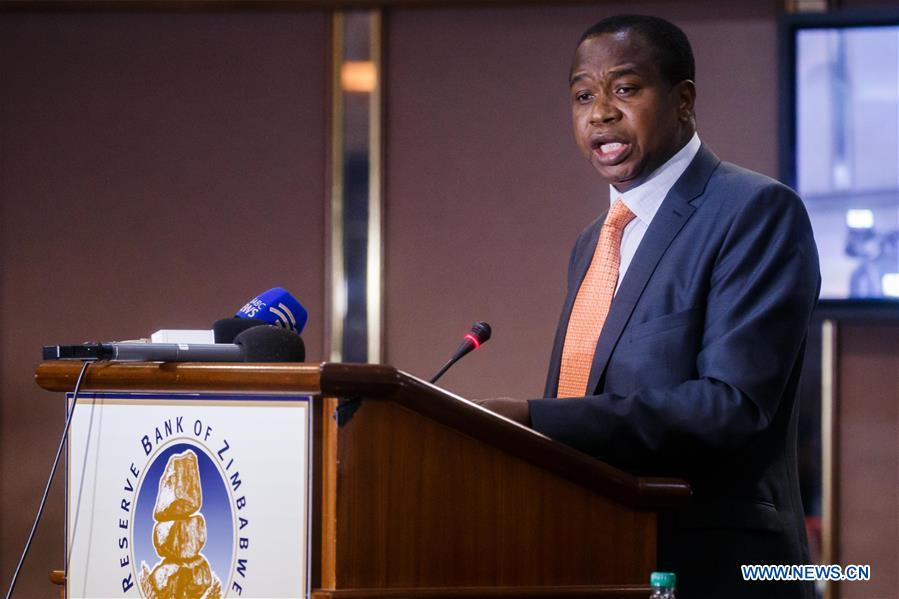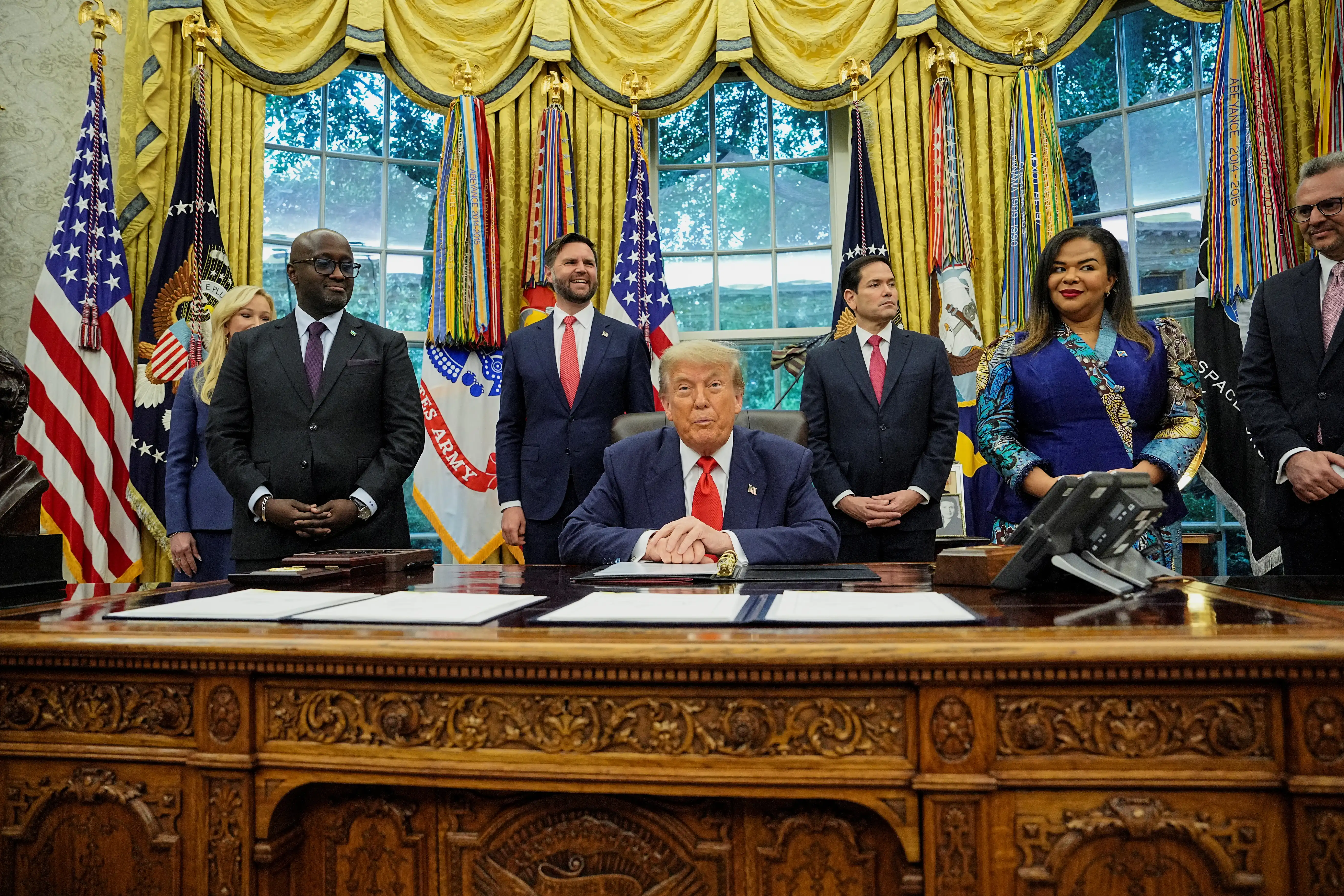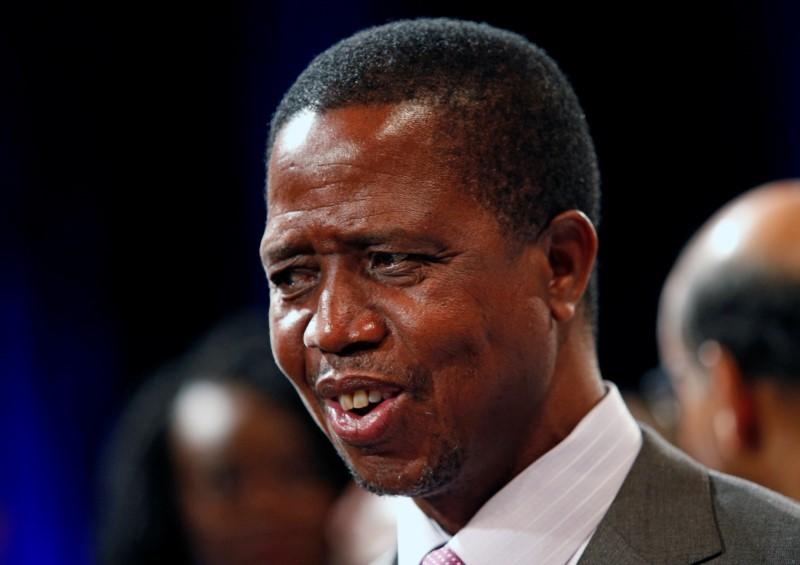
Zimbabwe Finance Minister: Economy will grow by more than 6 percent
Zimbabwe’s economy is projected to grow by about six percent in 2018, up from the initial projection of 4.5 percent due to several economic reforms that have been implemented by the new government of President Emmerson Mnangagwa, finance minister Mthuli Ncube said Monday.
 Central bank governor John Mangudya also said the strong growth in agriculture and mining would drive growth this year, but stressed the need for Zimbabwe to ratchet up the reforms and accelerate re-engagement with international financial institutions in order to secure fresh offshore lines of credit to revive the distressed economy.
Central bank governor John Mangudya also said the strong growth in agriculture and mining would drive growth this year, but stressed the need for Zimbabwe to ratchet up the reforms and accelerate re-engagement with international financial institutions in order to secure fresh offshore lines of credit to revive the distressed economy.
The two were speaking while jointly presenting their mid-term fiscal and monetary policies respectively.
“If this six percent is realized, then Zimbabwe will join what I call the six percent club, a grouping of countries in Africa that are growing at six percent and above,” the minister said.
He said the economic challenges facing Zimbabwe were not insurmountable but required urgent and bold decisions.
Among the challenges were foreign currency and cash shortages, an unsustainable high budget deficit and current account deficit, emerging inflationary pressures, infrastructure deficiencies and weak social services delivery, Ncube said.
He said the high budget deficit was destabilizing financial sector stability and crowding out the private sector, resulting in suppressed national production.
“The (high budget deficit) has also increased money supply in the economy, translating into exchange rate misalignment and inflationary pressures,” he said.
Government’s domestic debt jumped from less than 300 million U.S. dollars in 2012 to 9.5 billion by August 2018 while foreign debt stood at 7.4 billion dollars.
In total, government debt stood at a whooping 16.9 billion dollars, the minister said.
To contain the high budget deficit, the minister said government will limit the use of the Reserve Bank of Zimbabwe’s overdraft facility and also curtail RBZ advances to the government.
He said Zimbabwe was in dialogue with the World Bank, African Development Bank and the European Investment Bank to clear a combined 2.5 billion dollars that it owes the three multilateral financial institutions.
The debt ridden country was also engaging the Paris Club to restructure its 2.8 billion dollars debt arrears.






